We have received numerous complaints about residents feeding Canada Geese on lakes and some golf courses. This practice disrupts both the geese’s instinct to forage for food and interrupts their natural migration pattern. This has led to an increase in resident goose population over the last few years, and we need your help to manage this resource.

Canada Geese create a health hazard and unsightly remains on golf courses and neighborhood landscaping. Canada geese defecate every 20 minutes, and one goose will leave 1.5 lbs. of feces each day. Therefore 100 geese will leave 150 lbs. of fecal matter per day and up to 13,500 lbs. of fecal matter on the ground and in our
lakes in a three-month period.
Goose feces contains 14 mg. of phosphorus and 5.7 mg. of nitrogen. The phosphorus and nitrogen they produce goes into our lakes, increases algae bloom and depletes oxygen necessary for supporting aquatic life. This fecal matter contains parasites, bacteria and viruses, and these pathogens are capable of infecting humans and pets.
o Parasites – Cryptosporidium Giardia & Toxoplasmosis
o Bacteria – E-Coli, Listeria, Salmonella, and others
o Viruses – Avian Flu, Encephalitic viruses
Canada Geese Control Methods:
Canada Geese have legal status which means they are a migratory waterfowl and subject to U.S. Fish and Wildlife Service jurisdiction.
Eliminate Attractions: Food sources, artificial nesting structures and have clean shorelines.
Stop feeding the geese!
It is illegal to harm geese, their eggs, or their nests in the United States without permission from the U.S. Fish and Wild Service (USFWS) and is punishable by fines and/or imprisonment.
If you see a goose on nest or residents feeding geese, please advise by e-mail Brad Meredith, Lakes Manager @ bmeredith@hsvpoa.org or Bruce Caverly, Common Property & Wildlife Committee @ cpfwc-chair@hsvpoa.org.
By Bruce Caverly, Chair of the Common Property, Forest & Wildlife Committee (CPFWC), April 10, 2021
* * *
Thank you for reading. If you like, please comment below. We love to hear your opinion, but comments must be made using your first and last real name, or they will not be accepted. If you would like to submit an article for publication, please contact us through this website. Be sure to bookmark this website. Click here to visit the Hot Springs Village People Facebook Group, also known as POG (Property Owners’ Group).
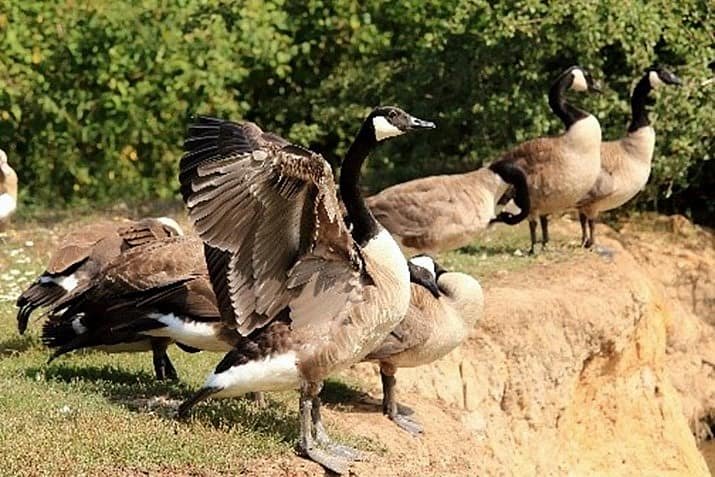

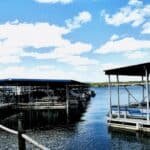
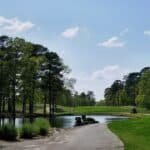

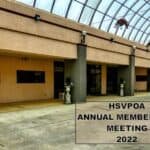
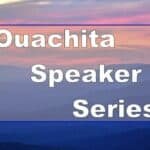

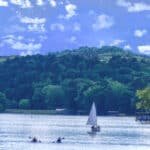
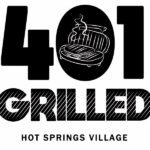

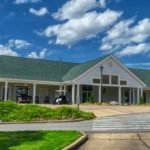
HSVP C
04/12/2021 — 1:04 pm
If you like, please comment below. We love to hear your opinion, but comments must be made using your first and last real name, or they will not be accepted. – Cheryl Dowden
Carl Branshaw
04/14/2021 — 5:47 am
Wow – if I feed a goose then my neighbors will report me to the authorities? Are we in Cuba?
Just wondered….and I will continue to feed them even more so now that I know you are killing them by the dozens here in HSV.
Cheri
07/14/2022 — 6:39 pm
I’d love some advice … we have a pair of Canadas whom have had their young near our pond. They return each year, raise their goslings and fly away. A few years ago we inherited two Pekin ducks. Obviously we provide food for them and various other fowl whom stop by. This year the gander, goose and goslings haven’t flown to their next leg of migration. The feed each day on food for Perkins. Two questions .. Will they leave? Have they caused the duck weed to return to the pond surface? We need to treat the pond for the duck weed but the geese must leave prior to doing so. Suggestions welcome … thanks!